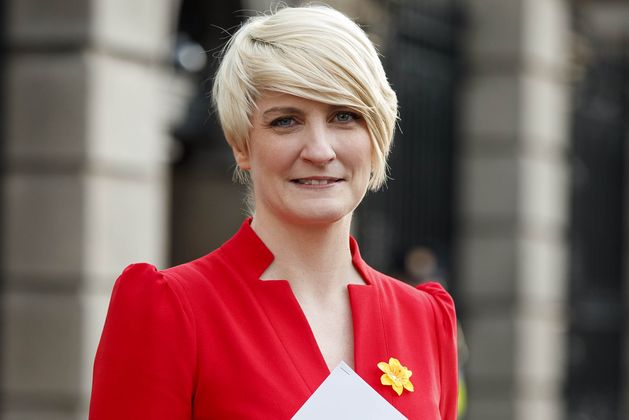World
‘Tax on sick’ as some hospitals charge cancer patients €3.20 an hour in parking fees, charity warns

The Irish Cancer Society in its pre-Budget submission said cancer patients in some parts of the country have free parking and other hospitals offer concessions – but many are being hit with charges of €3.20 an hour or more.
The charity warns of an €180m hole in national cancer funding across the care system, which means patients are not being given the chance of a best outcome. However, they can also face a financial toll due to hidden costs, including hospital car-parking fees.
Its survey showed there is no free parking or concessions for cancer patients at Beaumont Hospital, the Mater Hospital, Tallaght Hospital or Connolly Hospital, all in Dublin.
Full fees are also charged in Galway University Hospital, Portlaoise Hospital, Our Lady of Lourdes Hospital in Drogheda, Co Louth, University Hospital Waterford and Mullingar Hospital in Co Westmeath.
The submission stated that the National Cancer Control Programme’s annual budget for implementation of the National Cancer Strategy should have increased incrementally over the past eight years and be €110m higher this year than in 2016.
But the actual total incremental increase in those years has only been €65m.
As a result, an impact on patients has been noted including severe delays, with six radiotherapy machines lying idle in Cork, Dublin and Galway due to a lack of radiation therapists.
Three in five people started their radiotherapy in the recommended timeframe last year, down from four in five in 2018.
Patients who need surgery are also facing delays and one in two did not access their prostate or pancreas surgery on time in 2021.
And almost one in four breast cancer patients, who had to have surgery, did not have their treatment on time in 2022.
The funding deficit also means that plans to extend free screening to younger and older age groups has not happened.
Investment in buildings to modernise wards and clinics to give patients more privacy and support infection control is also not keeping pace.
Irish Cancer Society CEO Averil Power warned that “one in two of us will be diagnosed with cancer in our lifetimes”.
“When we are, we deserve the best possible chance of surviving the disease. Sadly, due to underfunding of cancer services, people with cancer in Ireland are not being given that chance at present,” she said.
“In the latest year, for which comparable data is available, Ireland’s cancer mortality rate was the third highest in western Europe. Ireland is a leader in many areas. We should not be a laggard in cancer care.
“Budget 2025 must prioritise the National Cancer Strategy, with ringfenced new recurrent development funding of at least €20m. It should also include multi-annual funding.”
Professor Michaela Higgins, president of the Irish Society for Medical Oncology, said “medical oncologists see the human cost of this chronic underfunding”. “We are hampered by the lack of sufficient people, capacity and resources. We feel it is not possible to provide optimal care or patient outcomes in these conditions,” she said.










